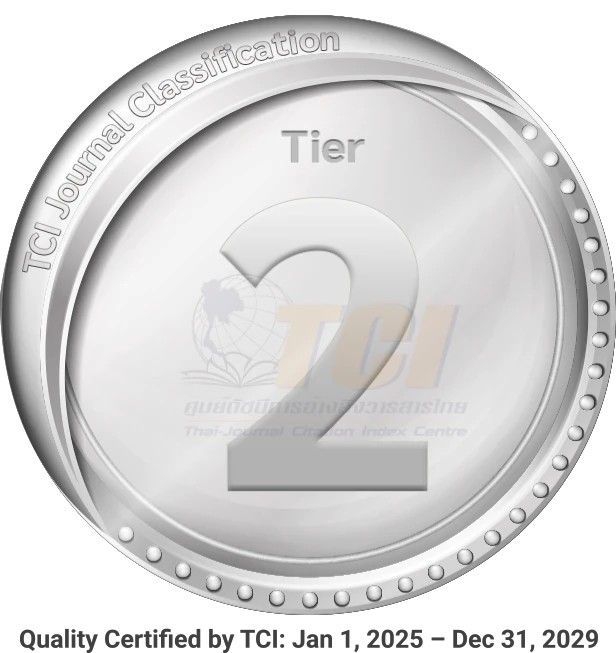Information Literacy for Higher Education in the 21st Century
Abstract
An information and digital economy is currently in the era of the Internet and technology, and it has a strong impact on every part of our lives in the twenty-first century. This era of digital information requires a set of skills for users to find, retrieve, analyze, and use information. These skills formulate Information Literacy as salient to anyone who has to use his or her abilities and skills to comprehend when information is needed and able to locate, evaluate, and know how to use the needed information effectively. Information literacy is definitely important and necessary for personnel in higher education. The Association of College & Research Libraries: ACRL has identified five areas that those who need information through information technology must be able to: (1) determine the nature and extent of information needed, (2) access the needed information effectively and efficiently, (3) evaluate information and its sources critically, and incorporate selected information into one’s knowledge base and value system, (4) use information effectively to accomplish a specific purpose, and (5) understand many of the economic, legal, and social issues surrounding the use of information and to access and use information ethically and legally. In accordance with ACRL, the Society of College, National and University Libraries known as SCONUL has created seven pillars of information literacy as a core model for higher education. These pillars or abilities include: (1) identify a personal need for information, (2) assess current knowledge and identify gaps, (3) construct strategies for locating information and data, (4) locate and access the information and data they need, (5) review the research process and compare and evaluate information and data, (6) organize information professionally and ethically, and ( 7) apply the knowledge gained: presenting the results of their research, synthesizing new and old information and data to create new knowledge and disseminating it in variety of ways. This paper will describe and discuss Information Literacy as outlined by ACRL and SCONUL.



